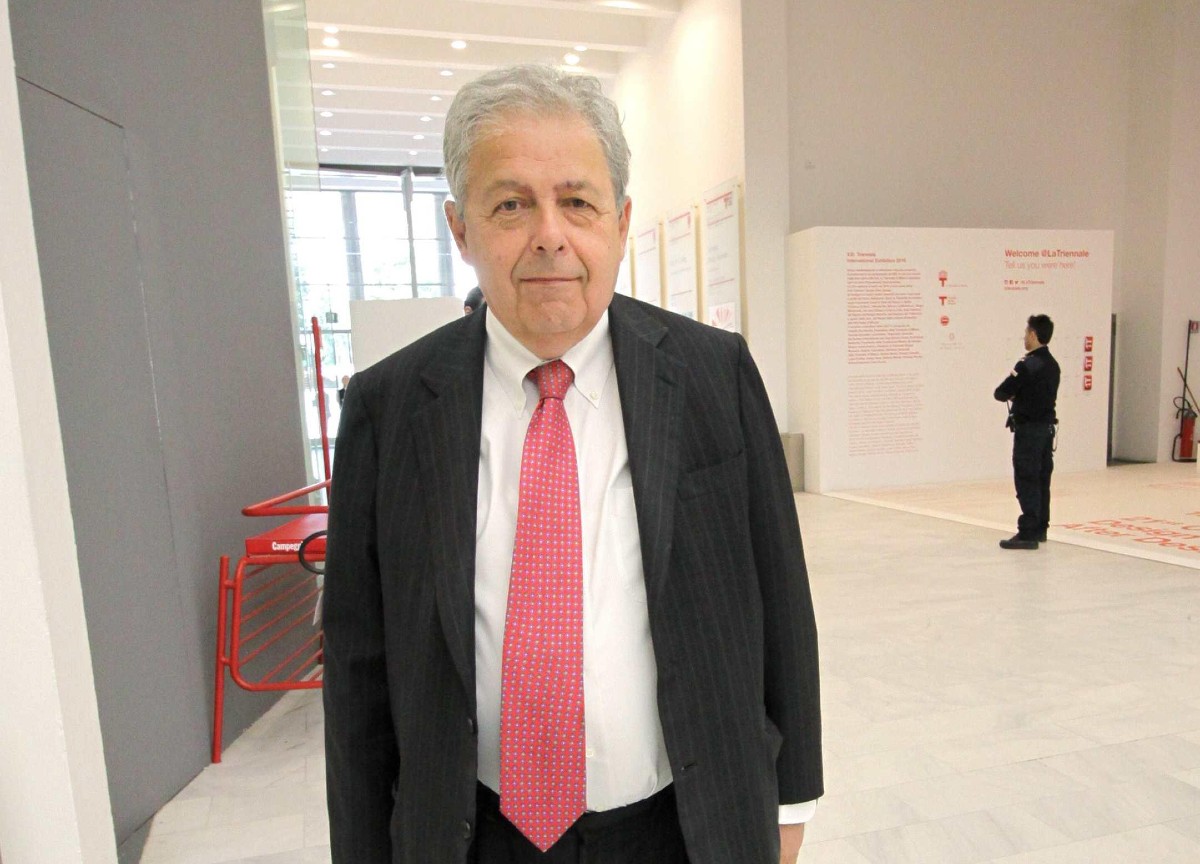War and sustainability, interview with sociologist and pollster Renato Mannheimer
“Green issues are increasingly important to people. But the economic sustainability of the transition remains the biggest obstacle to overcome”. Renato Mannheimer, a Milanese sociologist, explains to Affaritaliani.it how the perception of the urgency relating to environmental issues inevitably mixes with the need for families to make ends meet. And he warns: “Half the population is fed up with support for Ukraine.”
Mannheimer, are people really interested in the green transition? Or is it more of a “front” argument?
On the contrary, Italian citizens are increasingly convinced that we must proceed with a view to sustainability. We have been measuring a growing trend for years, it is not a question of a fad but of an urgency which is also translated into concrete behaviour. In Italy, unlike other countries, there is no party that is an expression of environmental issues and therefore it is the citizens themselves who are the spokesperson for these topics with politics.
How come the greens, which in other countries shift the balance of governments, are practically non-existent in Italy?
Because since their inception in our country they have placed themselves on the left of the political spectrum, while in other countries they are outside the right-left dichotomy, so much so that some green parties have supported conservative governments.
However, sustainability has a cost: are Italians ready to support it?
Yes and no. We perceive the importance of the energy transition but we also understand that the moment is difficult. The issue of bills is dramatic and is perceived as the quintessential issue at the moment. In words, 30% of Italians are willing to spend more on a sustainable product, but it depends on what we’re talking about: if it’s a dress, it’s fine, but a car has a decidedly different cost. 60% of the population today is in difficulty due to price increases, is already making sacrifices and fears that it will not be able to bear further increases in spending.
If Italians are really so inclined, at least on paper, to talk about sustainability, why did they vote for the coalition that had least focused on this issue? Could this be an argument and a battleground?
The honeymoon usually ends for economic reasons. After that it is true that sustainability is not high on the government’s agenda, but it could become so. And in any case, the objections made to the European decision on cars start from some economic considerations aimed at defending our country: it is a different idea of politics from the one pursued by Europe.
Was there also some opportunism in this contrast to the EU?
I would not speak of opposition, especially towards the EU. When she was in opposition, Meloni effectively took critical positions, but now it seems to me that you are rightfully among the supporters of the Union. The criticisms that have come from part of the government concern exclusively, at least for now, the theme of the automotive transition to electric cars by 2035.
You referred to the increase in bills and inflation, two issues that are doubly linked to the conflict between Russia and Ukraine: one year after the outbreak of war, how do you see Italians facing this issue?
The government is close to the Atlantic pact, but the citizens are not, they want peace because they fear that war concerns us as an economy even more than as a military battleground. The majority of the population is now against sending arms, and half of Italians are against supporting Ukraine. It’s not that Berlusconi has gone mad in recent days, it’s that he wants to divert to Forza Italia a part of the votes of the skeptics who would like to abandon support for Ukraine. No political party, fortunately, has endorsed this proposal. But the wind has changed.
Last question related to current affairs: a Sanremo Festival has just ended in which there was no shortage of controversy. How did the Italians experience it?
The Sanremo Festival was a fun thing, especially this year, but it didn’t have any political effect. It was the parties that, having nothing else to discuss, got angry over this or that other issue. It is true that the majority of the singers take positions on the left, but this siding has not changed the political thinking of Italians in the slightest. Or, if it did, it was only in a very small fraction of viewers. The Festival was a lot of fun, even for me who enjoyed it with pleasure.
Subscribe to the newsletter
